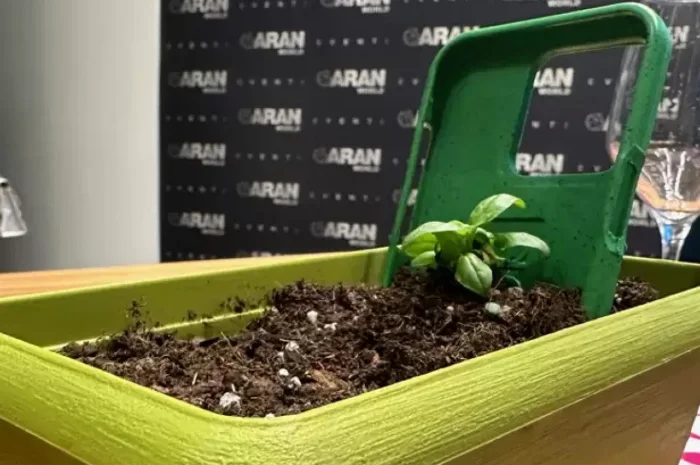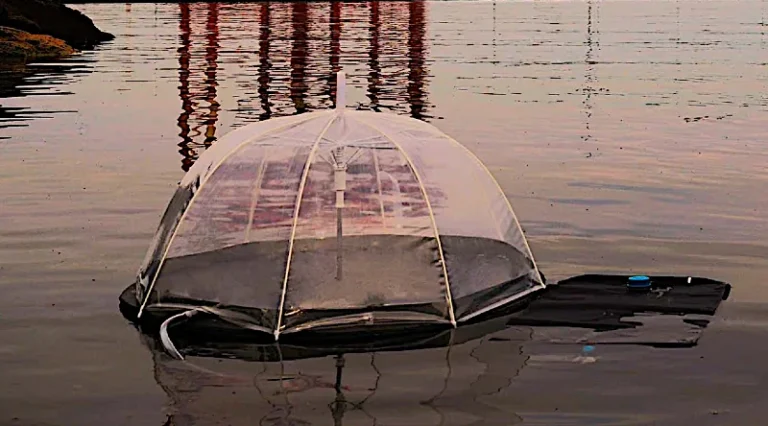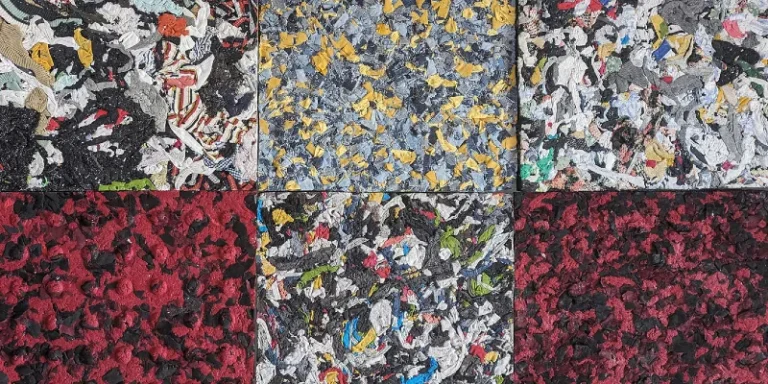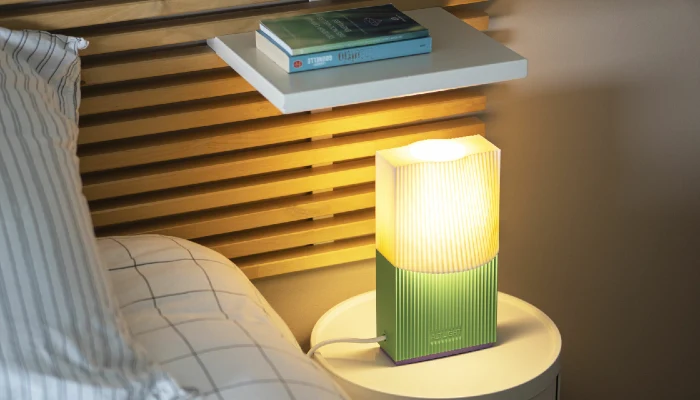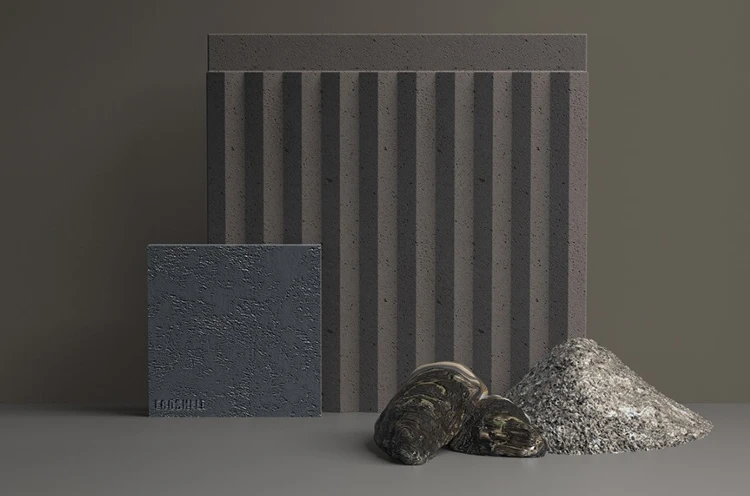In a world where technology is a constant companion, the smartphone has become a staple in our daily lives whether we like it or not. Alongside this digital revolution comes the need to protect these valuable devices. However, in the quest for protection, we’re often faced with a less discussed problem: environmental impact.
The typical solution? Plastic phone cases.
But what if there was an alternative that merged protection with eco-consciousness? Enter the $23 compostable iPhone case – a practical solution for your phone that can be potted to grow plants and flowers.
The Problem of Cell Phone Case Waste
Before diving into the features of this unique phone case, we should better understand the issue it’s addressing.
Every year, tens of millions of phone cases are sold worldwide, offering protection and style. However, these cases, predominantly made of plastics and synthetic materials, contribute significantly to environmental waste.
When they break, become outdated, or simply fall out of favor, these cases often end up in landfills, adding to the growing problem of electronic accessory waste. This not only contributes to pollution but also represents a waste of resources in a world striving for sustainability.
As of 2023 the global protective case market is valued at $21.89 billion with over 850 million smartphone users in India alone. The US market for phone cases grows 8% each year, with no signs of slowing down. That’s a lot of people replacing their phone cases on a regular basis!

The compostable iPhone case (hopefully the designer produces some Android options soon) priced at $23 provides a refreshing alternative. Made from biodegradable materials, primarily cornstarch, this case is designed to break down and integrate back into the earth.
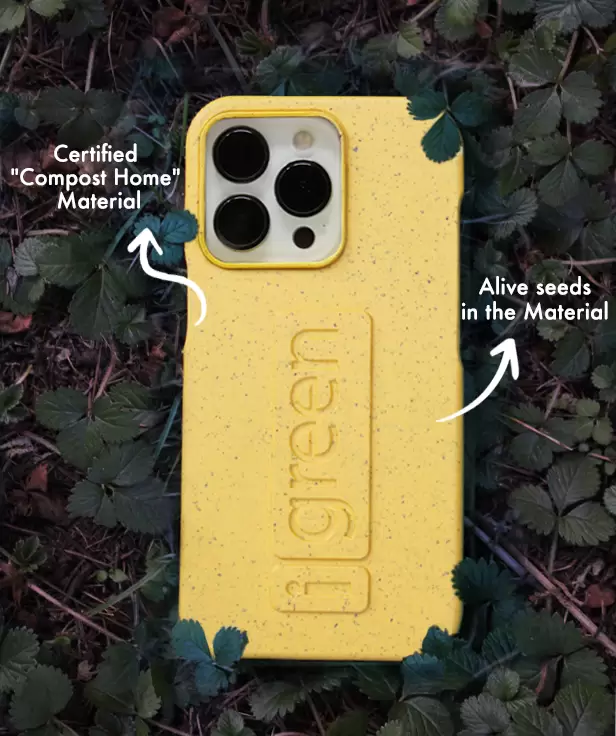
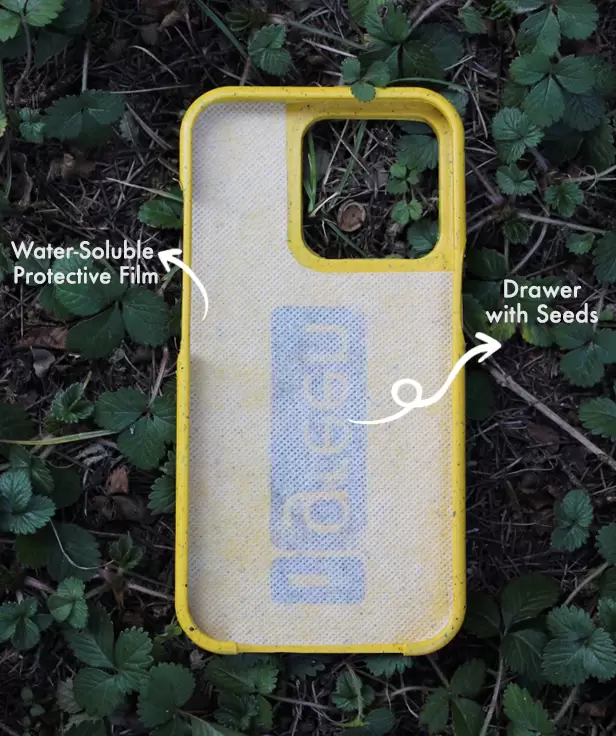
The concept is simple: once the case has served its purpose in protecting your iPhone, you plant it outside. Embedded with seeds, the case gradually transforms into plants and flowers. It’s an initiative that turns a source of waste into a source of life, aligning with growing environmental consciousness among consumers.
So, when you’re ready to discard the case, instead of throwing it away, you plant it in soil at a slight angle. With regular watering and sunlight, the case begins to biodegrade, allowing the seeds to sprout.
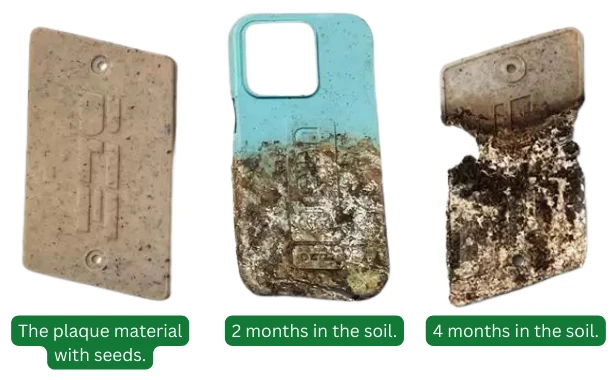
Depending on the case’s color, you could grow basil, daisies, or Forget-me-nots.
This approach not only offers a second life to what would have been waste but also adds a touch of greenery to your surroundings. Or your local park if you’d rather plant it elsewhere.
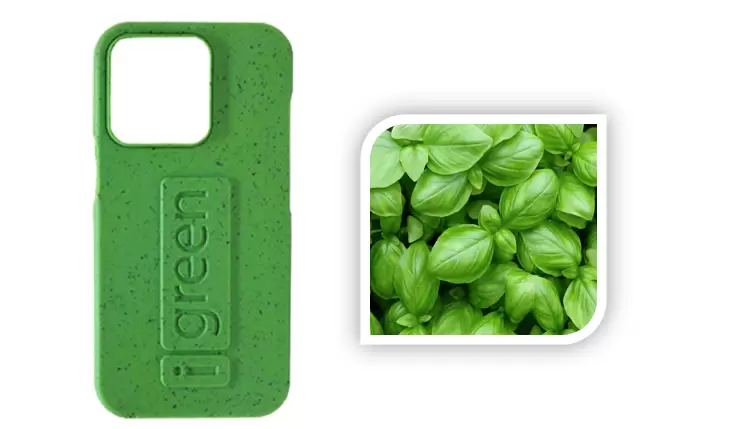
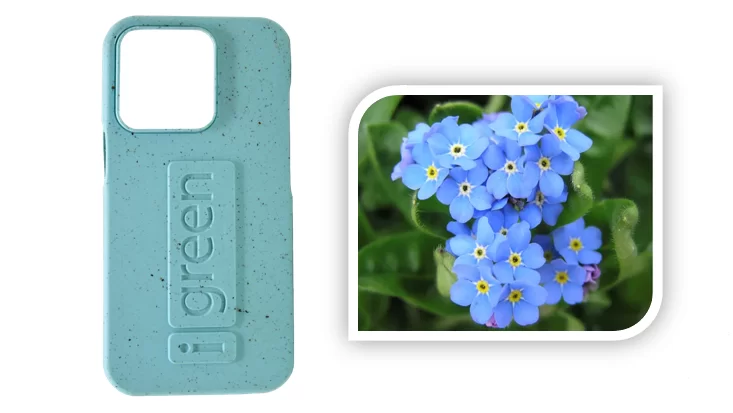
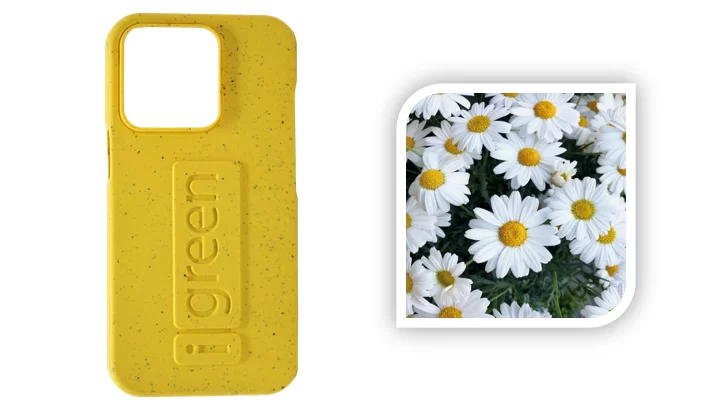
Balancing Cost and Sustainability
While the case’s $23 price tag might be slightly higher than average plastic cases, it reflects the cost of using more sustainable materials. It’s a price that represents a small investment in a more sustainable future.
While the case is a step in the right direction, it’s not a complete solution to the phone case waste problem. Questions about the production process, the sustainability of cornstarch as a material, and the practicality of planting in different environments remain.
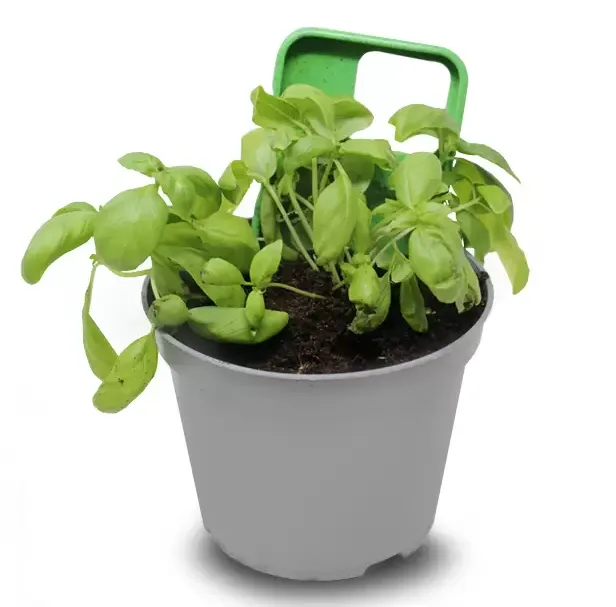
Yet, a cornstarch-based phone case is certainly more sustainable than any other plastic option you can buy on Amazon for $10 and when you’re sick of it, or see something new and shiny, you throw it away, and it sits in a landfill for thousands of years.
A Small Step Towards a Greener Future
More To Discover
This compostable iPhone case offers a glimpse into a future where technology and sustainability coexist. By providing an environmentally friendly alternative to traditional phone cases, it opens the door to more sustainable practices in the world of tech accessories. While it’s not a perfect solution, it’s a meaningful step towards reducing waste and promoting a culture of environmental responsibility.
Meet The Designer: iGreen Gadgets
The iGreen Gadgets Project was born in collaboration with the Arnoldi Farm in Italy, with more than 50 years of experience in floriculture and in the production of eco-sustainable materials.







